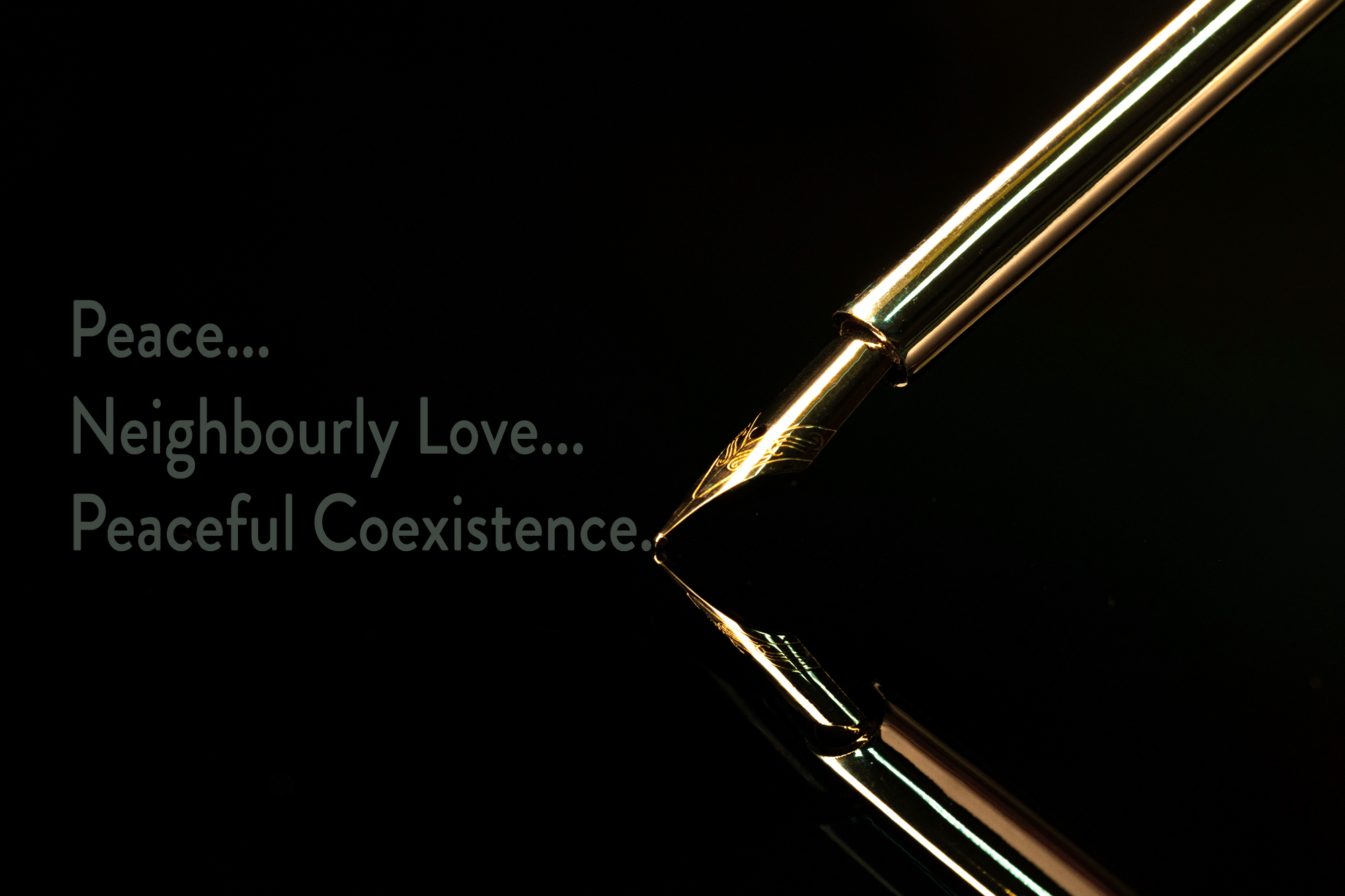
“What to take when you suffer from a lack of emotion.”
Erich Kästner, German poet and award-winning writer of the 20th century, published a small book of poems he called:
‘Dr. Erich Kästner’s lyrical medicine chest’ / Dr. Erich Kästners lyrische Hausapotheke.
He ordered the poems by ‘ailment’ in the sense of what to ‘take’ in which kind of life’s – sometimes hard – situations.
I love this book. Among others.
One category in there he called:
“What to take when you suffer from a lack of emotion.”
He was not the first to state the importance of emotions and feeling in human life. Another fine and well-crafted example is the poetic fairy tale Wilhelm Hauff wrote in the 19th century, “Das kalte Herz” / Heart of Stone.
Why do they write about it?
Why would Kästner call it a ‘suffering’, consider it something treatable?
Because in the Western world at least for generations business considerations made it necessary to appear ‘cool, calm and collected’ any time. I mentioned this elsewhere. Additionally, two world wars called for heroism and ‘toughness’ before, during and after.
Building destroyed cities from the ground up again, in many cases made it appear to be even more essential, to be ‘tough’, not be moved to tears by sadness – or similar kinds of emotions.
It seems that many consider it a ‘weakness’ to this day.
Men are even more challenged that way still: A man is to be always superior, know his way about, and will save women, children and the elderly first, risking his life, if needs be.
The Heart of Stone
The result of such ideas is the opposite of an emotional mindset: Stony, dry and unmoved people ‘move’ through life and wonder only now and again what might be missing.
For men, almost the only two spheres in life they are allowed to be moved by, still, are sports and passion.
Of course this is also culturally dependent. Some cultures ‘grant’ emotions to men, and in general in certain situations, that others do not.
In effect it means that such people feel ‘dead to the world’. Walking, talking, attending to business, yet nothing seems to interest them.
Emotions ‘at the Heart’
In modern medicine even, it’s become clear – after certain brain surgery cases – that without actual emotions at all, we are unable to decide on anything.
Emotions are crucial, underestimated, and actually there, even if we are not aware of that ourselves.
Sigmund Freud did the research and cleared up a lot of unknowns around the whole matter.
How to go about it if you hadn’t realized it already?
The first thing is awareness. That is what I try to do around here… for the general public, as it were, hoping to light a candle perhaps.
Or have one or the other of my readers realize that there is ‘more to it than meets the eye’.
Try, if you will, for starters, the book and the tale I mentioned:
All emotions are essential to human life. Dealing with them is what it needs.
Awareness can help a great deal – in business just as much as in private life.










